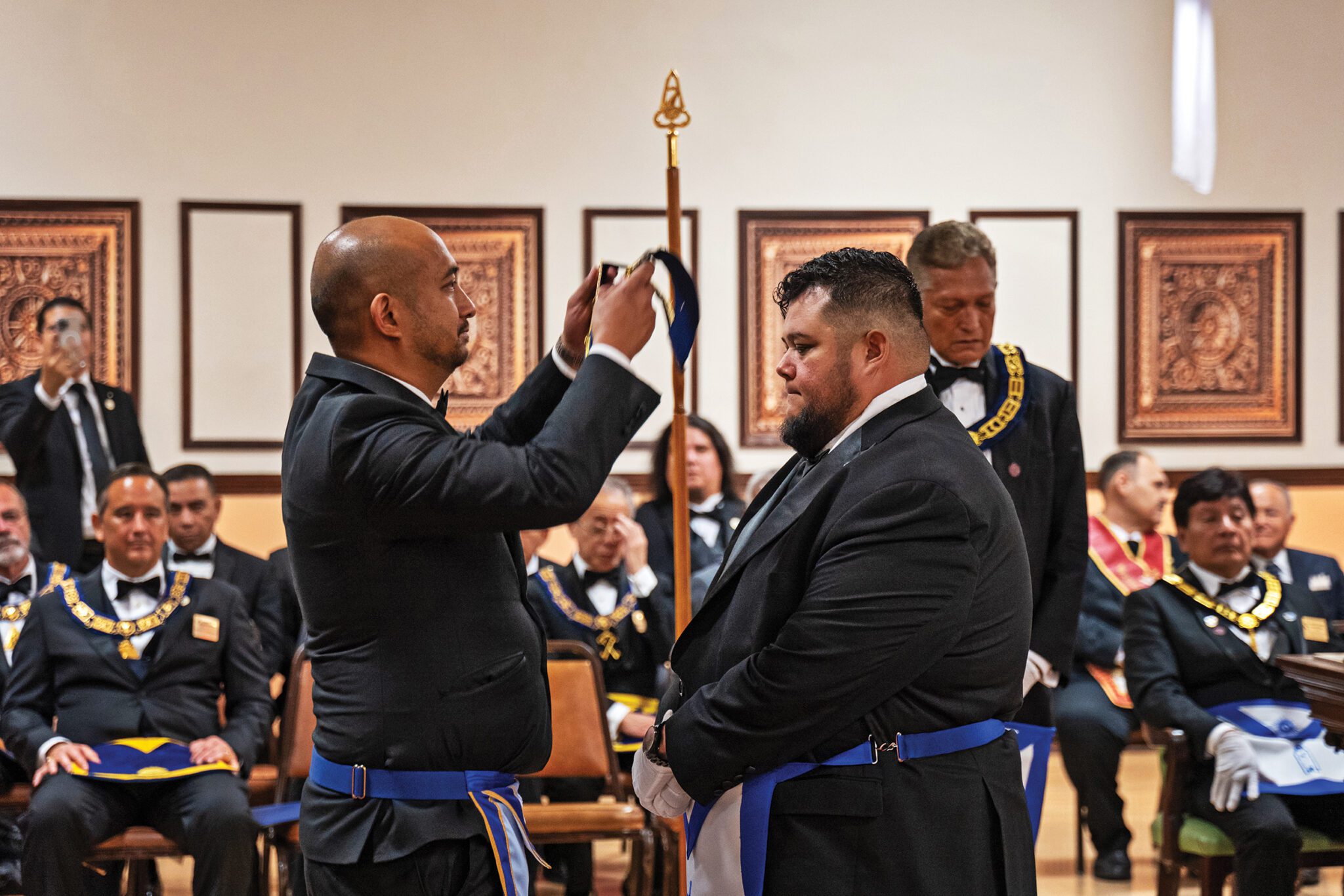
At a New Hispanic Research Lodge, They’re More than Study Buddies
A newly formed Hispanic research lodge is focusing its attention on the history and heritage of Freemasonry in Latin America.
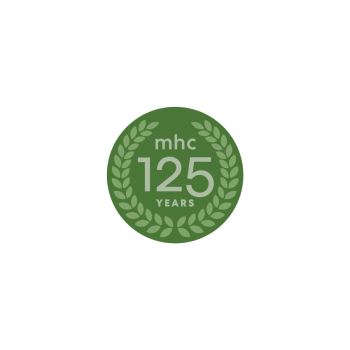
By Ian A. Stewart
“This is my happy place,” says Terry Quigley as she enters the dining room of the Masonic Homes of California in Union City. It’s lunchtime, and the glass-walled hall is quickly filling with groups deep into the pleasantries of small talk. Quigley, who took over as chief executive officer and president of the Masonic Homes on July 1, is admittedly still getting her bearings on campus, trying to study up on the 125-year-old organization and its history, and defining her vision for its future. She already has more than 25 years of experience working in senior care, most recently as chief operating officer for Episcopal Communities and Services in San Diego, where she oversaw an organization that included three continuing care retirement communities, plus assisted-living, memory care, and affordable-housing facilities. Unsurprisingly, she’s right at home with the face-to-face element of the job.
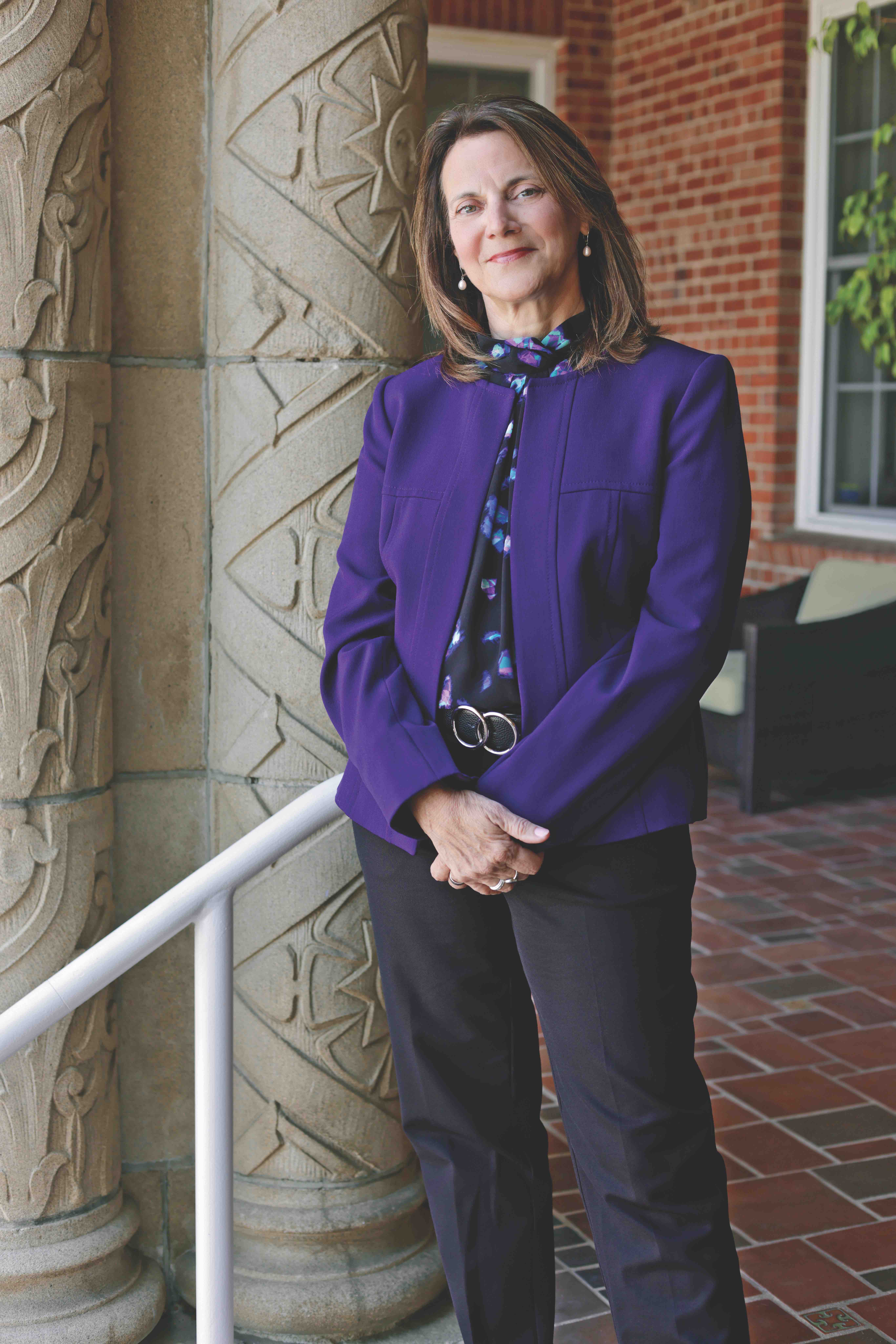
“The opportunity to continue to learn and grow and to partner with seniors in this chapter of their lives is privileged work,” she explains as she begins to walk the room, introducing herself to a few of the 300-plus residents who call this campus home. The conversations run the gamut, from today’s chicken entrée to a report on the wildlife seen amid the Mission Boulevard hayfields (turkey, spotted deer, and geese, at least this morning).
For Quigley, there are bigger conversations to be had about the future of the Masonic Homes. Faced with the twin challenges of a growing need for advanced levels of senior care and a shrinking overall membership in the state fraternity, the organization will have to adapt to its new circumstances. Luckily, it’s done so before, evolving over the past century-plus from a widows and orphans home into today’s sprawling senior care apparatus. Below, Quigley talks about her vision for the next century of the Masonic Homes of California, her connection to Freemasonry, and honoring the “jewel in the crown of California Masonry.”
California Freemason: Welcome to the fraternity! What spoke to you about this position? What made you excited to join the Masonic Homes of California?
Terry Quigley: I think the reason I responded to the job at all was because the Masonic Homes is such a special organization in the not-for-profit senior living sector. Its mission and pillars give it a unique commitment to service and servant leadership, which spoke to me. I was also really excited about the fact that we have the opportunity to serve people beyond the four walls that we’ve built here. That isn’t something that the senior-living sector has fully embraced. There’s a commitment here to coming up with individual solutions, since no two members or their families have the same needs. The organization has been really committed to asking, “What’s the best solution for this person?” rather than trying to say these are our cookie-cutter opportunities for people to get support. The Masonic Outreach Services team really goes above and beyond to figure out, how do we live in that spirit to come up with the best answers for that member?
CFM: Did you have any connection to Freemasonry before coming into this organization?
TQ: It’s interesting, my dad was a Mason, but it didn’t occur to me until after I’d applied for the job. I was very young when my dad died, 13 years old. So I didn’t have a long life with him to hear stories about Masonry. But I know it was a point of pride for him and my mother. We had a Masonic funeral, and it was a beautiful experience for us as a family to honor him. And I know for him, it was a place of kinship and belonging. We moved a lot, but he always had a source of friendship and connection through Freemasonry.
New Masonic Homes CEO Terry Quigley meets with residents in the retirement home’s Union City dining room.
CFM: Is that something the residents have talked with you about so far? Coming into this organization as a non-Mason, I’d expect there are a lot of questions.
TQ: It’s important to them that I understand what Masonry means to them and [demonstrate] how it resonates with me; how the team supports those values here. It’s important to the residents that they express how deeply they feel those things. It’s so much more than words on a piece of paper. It represents their life choices; they’re all reflections of the values of Freemasonry. Masonry represents a lot of different things to different people. My belief about what it represented to my dad was that it was kinship and connection, and I think for men sometimes that’s hard to come by. I’m continuing to learn about the history of Masonry and the traditions that are so important. I’m enjoying that learning curve.
CFM: So it must be asked: You’re a woman entering an important role within a men’s fraternity. Has that been a difficult transition?
TQ: It is, but it isn’t. The board, whether they’re male or female, is really committed to finding the best solutions and providing the governance associated with that. And my experience is that the fact that they’re Masons has led to some candid conversations and a willingness to be transparent and forthright. That honesty is absolutely clear to me in their communications; the respect that they value has been refreshing. So yeah, it’s a little weird to walk into the board room. It’s a lot of guys in a room, a lot of men. But for me, I’m basically unable to be anything other than who I am. When they ask me questions, it’s just, “Well, this is who I am, and this is what you’re going to get from me.” I have no interest in anything other than a transparent relationship. This is a partnership that translates our mission to action. And if we can’t do that with candor, then it won’t work very well. But I’ve had good conversations with them all. It wasn’t an obstacle.
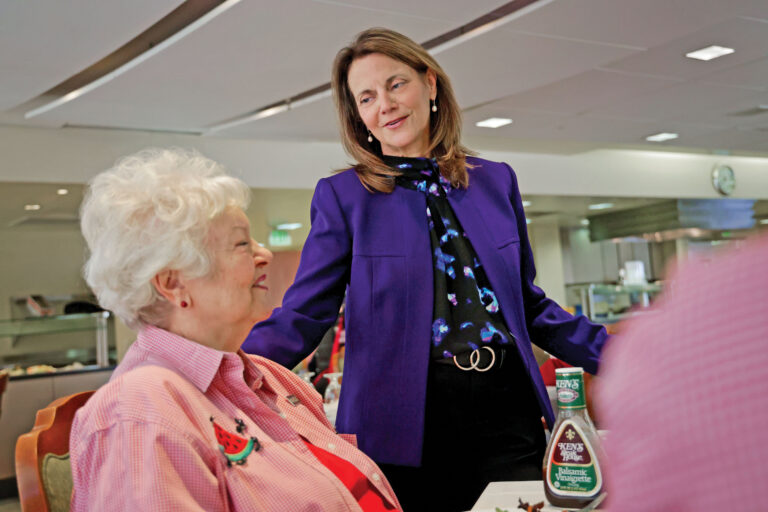
CFM: What were your first impressions of the campus? Obviously, in Union City, they’re celebrating the 125th anniversary this year.
TQ: From the moment I walked onto this campus, I could feel the 125 years of history. It’s palpable. It’s something you get a visceral reaction to when you walk in. You know that we’re standing on a lot of history here.
CFM: What’s been most surprising to you in your time on the job so far
TQ: I’ve been pleasantly surprised and excited to see what’s happened over the past decade in the way of campus upgrades and renovations. It really is a beautiful and welcoming community for people as they come on campus. We’ve managed to keep the very best of the history here, while also making beautiful upgrades to external spaces like the patios and common areas, as well as internal upgrades that people are looking for and need as they move into a retirement community.
CFM: What do you see as the future for the Masonic Homes of California
TQ: I believe that the Masonic Homes is uniquely positioned to continue to grow in our opportunities to serve not only Masons but other folks who need support and services throughout California. I believe we have the resources and the ability to offer solutions no matter what people’s preferences might be. For instance, here in Union City we have independent living, assisted-living, memory care, and great, five-star skilled nursing that’s available to people whether they’re Masons or not through the Masonic Homes and Acacia Creek. So we have the ability to provide people different options for where and how they live in community. Our campus in Covina gives people the opportunity, with our new skilled nursing building, to get the best short-term rehab available, whether you’re a Mason or just from the Covina area. So I think we’re continuing to build out our ability to serve a greater population and build community.
PHOTOS AND VIDEO BY:
JR Sheetz

A newly formed Hispanic research lodge is focusing its attention on the history and heritage of Freemasonry in Latin America.
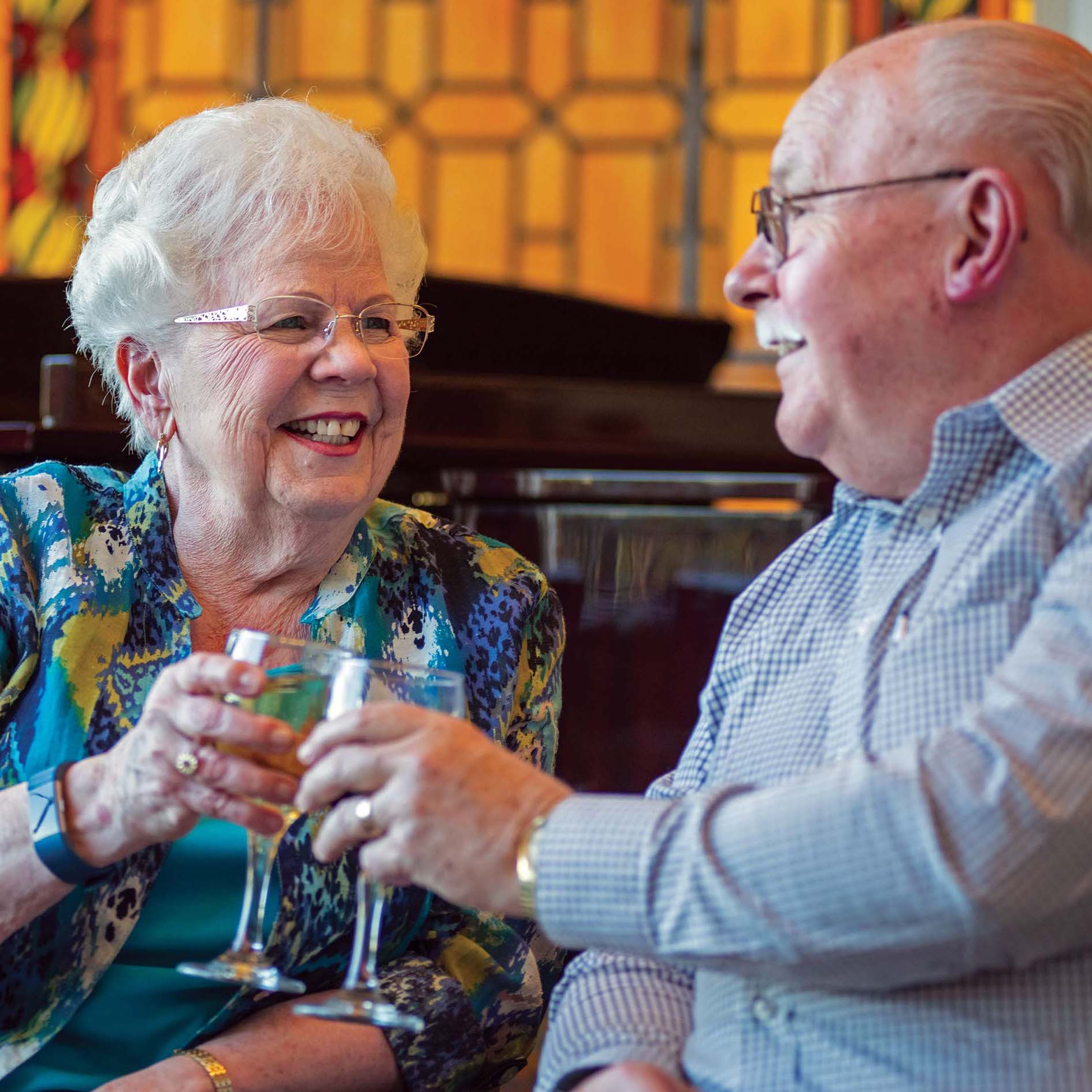
For seniors in retirement, as in the Masonic lodge, strong social connections are the secret to successful aging.
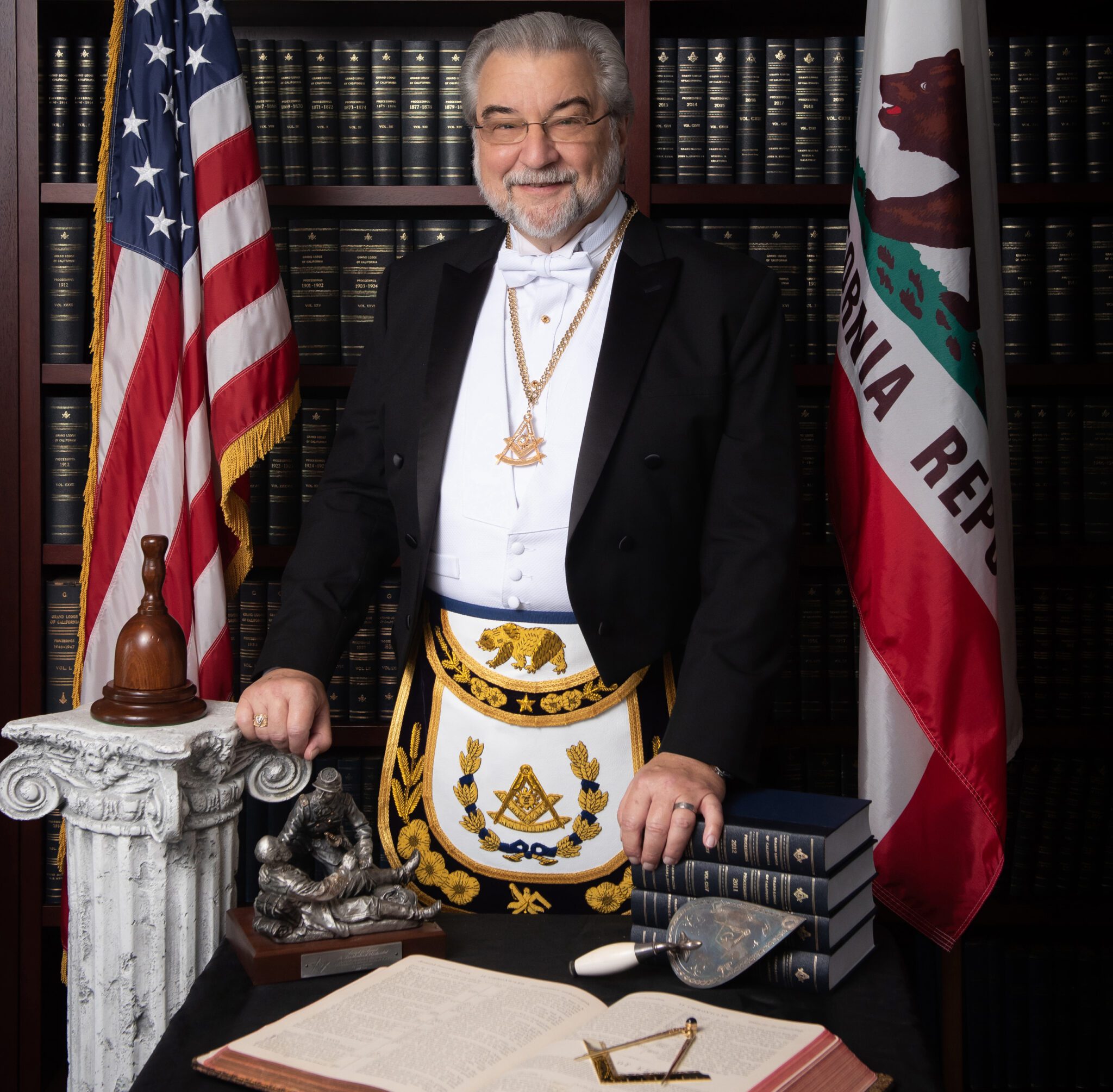
Grand Master Randall Brill reflects on 125 years of history and progress at the Masonic Homes of California.